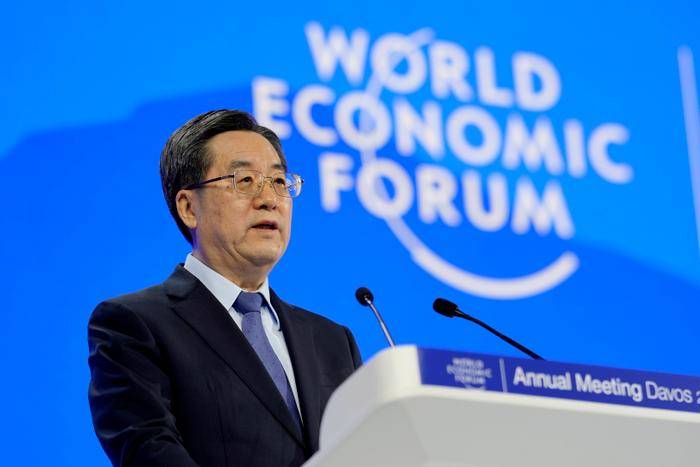Chinese Premier Li Qiang Warns of Devastating Consequences of Trade Wars
In a stark warning to world leaders, Chinese Premier Li Qiang emphasized the devastating consequences of trade wars, urging nations to prioritize cooperation and dialogue. Addressing the World Economic Forum in Davos, Li Qiang cautioned that trade wars would only lead to a lose-lose situation, harming economies and people worldwide.
Li Qiang's remarks come at a critical juncture, as the world grapples with rising tensions and protectionist policies. The premier's warning serves as a reminder of the importance of globalization and international cooperation in promoting economic growth and stability.
To understand the significance of Li Qiang's warning, it's essential to look back at the history of globalization. The phenomenon of globalization began thousands of years ago, with the establishment of trade routes such as the Silk Road ¹. This ancient network connected China with the Mediterranean region, facilitating the exchange of goods, ideas, and cultures.
Over the centuries, globalization has evolved through various phases, driven by technological advancements, colonialism, and economic policies. The Industrial Revolution marked a significant turning point, as new technologies and manufacturing processes enabled mass production and global trade.
Today, globalization is more complex and multifaceted than ever. The rise of digital technologies, e-commerce, and global value chains has created new opportunities for economic growth and development. However, it has also led to concerns about inequality, job displacement, and environmental degradation.
Li Qiang's warning about the dangers of trade wars is particularly relevant in this context. As nations increasingly resort to protectionist policies, the risk of a global trade war grows. Such a scenario would have far-reaching consequences, including higher tariffs, reduced trade volumes, and decreased economic growth.
To avoid this outcome, Li Qiang emphasized the need for international cooperation and dialogue. He urged nations to work together to address common challenges, such as climate change, inequality, and economic instability.
The premier's remarks were echoed by other world leaders, who stressed the importance of globalization in promoting economic growth and development. However, they also acknowledged the need to make globalization more inclusive and equitable, ensuring that its benefits are shared by all.
As the world navigates the complexities of globalization, Li Qiang's warning serves as a timely reminder of the importance of cooperation and dialogue. By working together, nations can create a more stable and prosperous world, where the benefits of globalization are shared by all.


